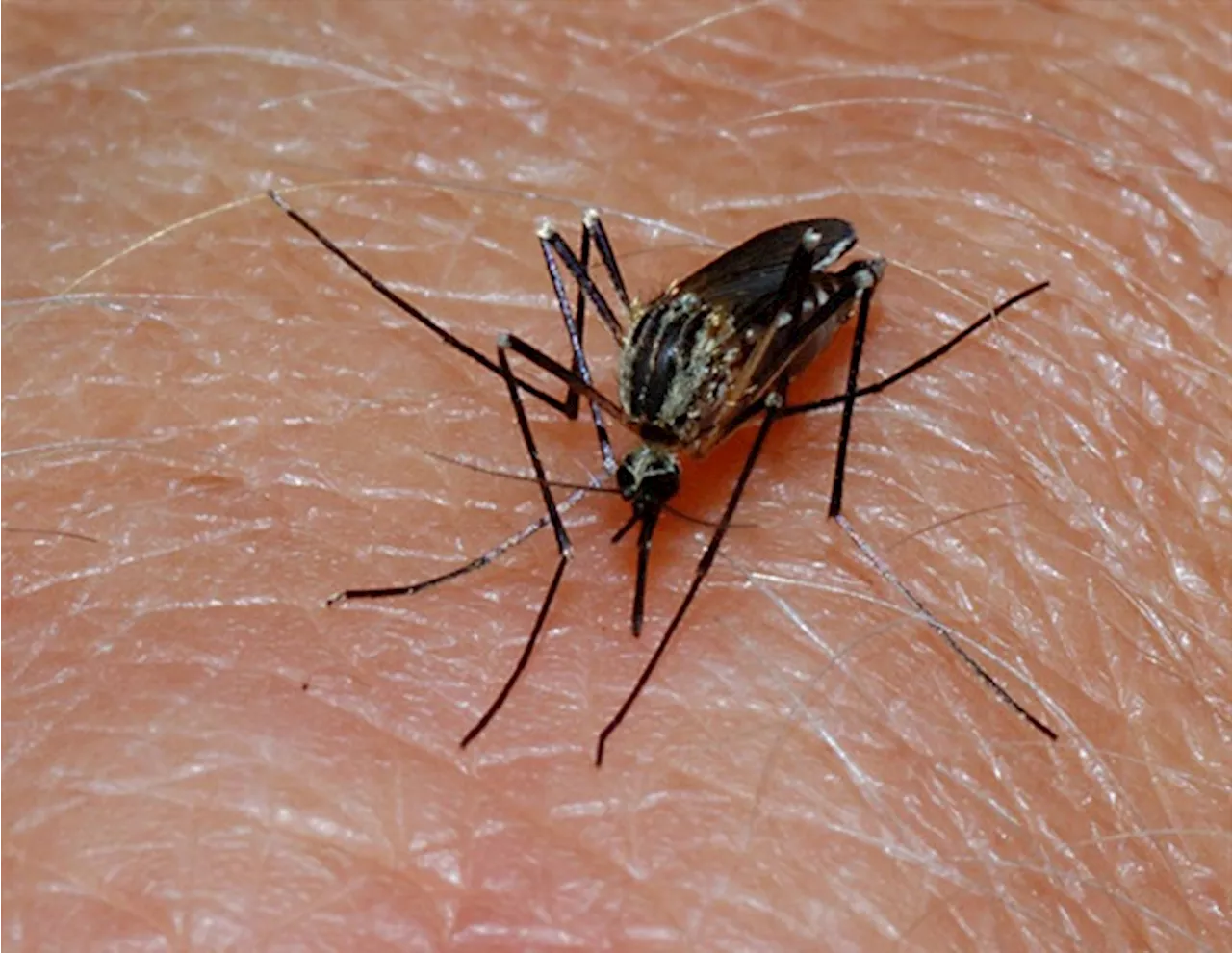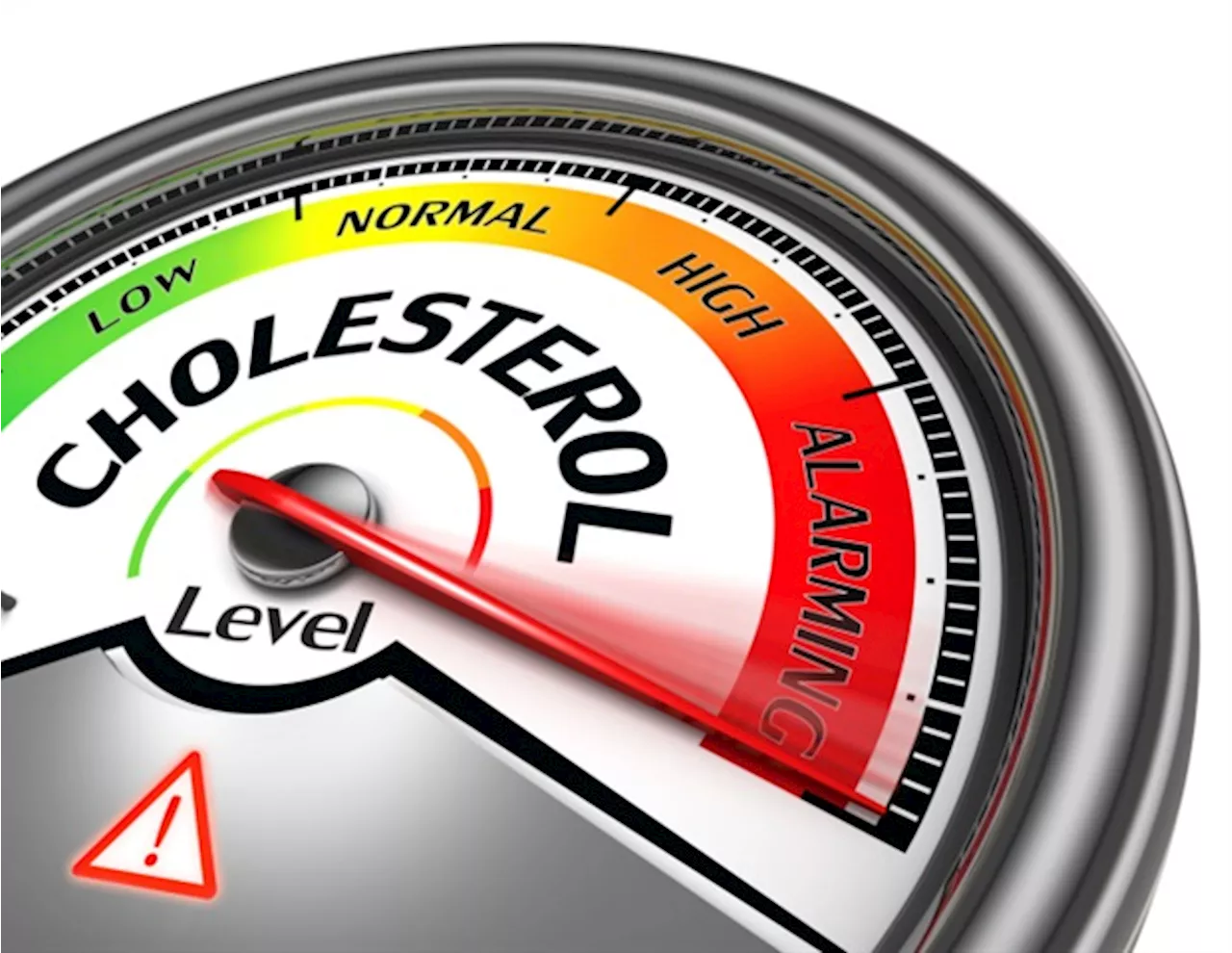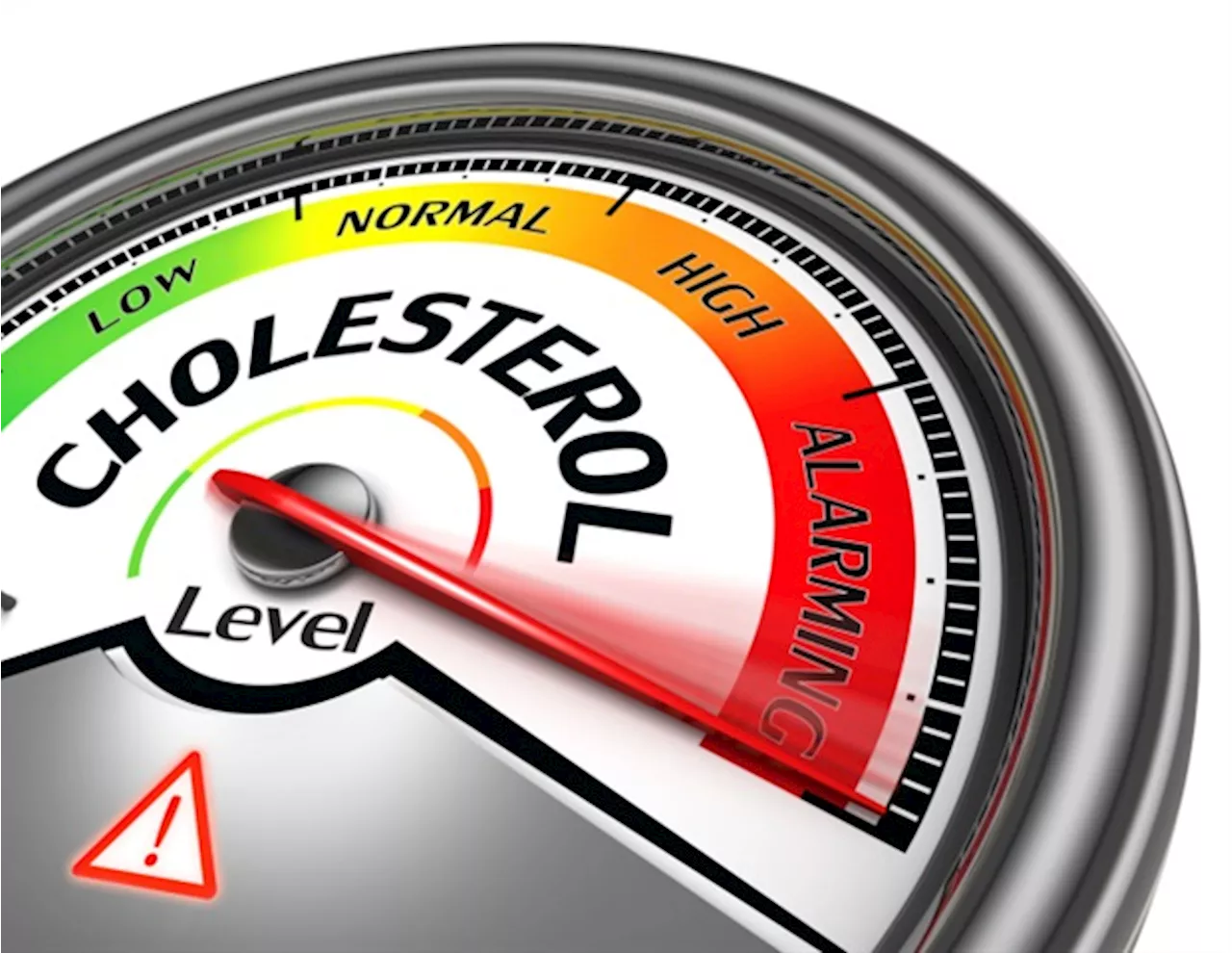Florida Atlantic University researchers have developed innovative fluorescent cholesterol probes (CNDs) that enable the visualization of cholesterol movement and distribution in live cells with unprecedented detail. These probes hold immense potential for advancing our understanding of how cholesterol imbalances contribute to Alzheimer's disease and other neurodegenerative disorders.
The quest for solutions to Alzheimer's disease and other neurodegenerative disorders stands as a paramount objective in brain research. Maciej J. Stawikowski, Ph.D., an assistant professor of chemistry and biochemistry at Florida Atlantic University's Charles E. Schmidt College of Science, posits that the key may reside in deciphering how cholesterol and other lipids traverse cells and influence their communication.
'The connection between lipids and Alzheimer's is well-established,' stated Stawikowski, a member of the FAU Stiles-Nicholson Brain Institute. 'Lipid imbalances can contribute to the formation of amyloid plaques – excessive protein aggregates that disrupt cellular function, a hallmark of Alzheimer's disease.' His research team, including Qi Zhang, Ph.D., an associate professor in the FAU Department of Chemistry and Biochemistry and a member of the FAU Stiles-Nicholson Brain Institute, has dedicated its efforts to developing advanced tools to probe the intricate relationship between lipids and cellular function.Cholesterol plays a pivotal role as a crucial constituent of cellular membranes, facilitating hormone production, membrane stability, and signaling. However, disruptions in cholesterol movement between cellular compartments may contribute to Alzheimer's and other neurodegenerative diseases. To investigate this phenomenon, Stawikowski and his team have ingeniously designed novel fluorescent cholesterol probes (CNDs) tailored to track cholesterol within cellular membranes. A recent study, published in Scientific Reports, showcases how CND probes can effectively visualize cholesterol in live cells. By integrating computer simulations with live-cell imaging, the researchers have illuminated the influence of diverse probe designs on cholesterol probe behavior. These innovative probes hold the potential to significantly enhance our understanding of how cholesterol imbalances contribute to Alzheimer's disease and other neurodegenerative disorders. By elucidating cholesterol's role in amyloid plaque formation and cellular signaling, researchers could pave the way for the development of drugs to modulate lipid activity, potentially leading to novel treatments or preventive strategies. 'With these probes, we can now visualize cholesterol movement and distribution in live cells with unprecedented detail,' explained Maciej J. Stawikowski, Ph.D., assistant professor of chemistry and biochemistry at Florida Atlantic University's Charles E. Schmidt College of Science and the senior author of the study. The CND probes are meticulously engineered using a 1,8-naphthalimide (ND) scaffold, renowned for its exceptional fluorescence properties, including large Stokes shifts and sensitivity to environmental changes. This novel design allows for modular customization, empowering researchers to tailor the probes with distinct head groups and linkers to meet specific experimental requirements. Findings reveal that modifying head groups or linkers can elevate the probes' sensitivity and targeting ability. These probes are classified into three distinct categories. Neutral probes tend to aggregate readily, but their cellular uptake is limited. Charged probes, on the other hand, exhibit improved solubility and enhanced interaction with cellular membranes. Probes incorporating hydroxyl groups further amplify hydrogen bonding and lipid interactions, rendering them particularly efficacious for studying membrane behavior. Importantly, certain variants of the CND probes are pH-sensitive, enabling researchers to track cholesterol movement within organelles with varying acidity, such as lysosomes and lipid droplets. Compared to conventional cholesterol probes, these tools provide superior fluorescence properties and more accurate tracking of cholesterol dynamics, offering profound insights into cellular processes.'Cholesterol is indispensable for brain function, but its dysregulation could be a critical factor in disease progression,' remarked Stawikowski. 'Our novel tools offer a window into how cholesterol impacts cellular processes and may facilitate the identification of therapeutic targets for conditions like Alzheimer's.' The research team's fluorescent cholesterol probes unveil a spectrum of applications beyond Alzheimer's, with potential uses in membrane biology, lipid dynamics, and drug delivery. By synergistically combining experimental techniques with computer simulations, the FAU team has established a solid foundation for developing more sophisticated fluorescent cholesteryl probes that can be leveraged to investigate a wide array of lipid-related disorders. These probes stand as versatile tools adaptable to diverse research needs, marking a significant stride forward in comprehending cholesterol's role in cellular health and disease
Alzheimer's Disease Neurodegenerative Disorders Cholesterol Lipid Dynamics Fluorescent Probes Cellular Function Membrane Biology
United Kingdom Latest News, United Kingdom Headlines
Similar News:You can also read news stories similar to this one that we have collected from other news sources.
 £1 Supermarket Juice Could Help Lower Cholesterol, Says TV DoctorA TV doctor has revealed a surprisingly affordable way to potentially lower your cholesterol: a £1 supermarket juice. The expert explained the different types of cholesterol, emphasizing the importance of HDL (good) cholesterol. High cholesterol is a prevalent issue, affecting millions, and is often linked to lifestyle factors such as diet, exercise, and smoking. While medication might be necessary in some cases, the doctor highlighted the benefits of increasing fiber intake through whole grains and oats, which contain beta-glucan, a soluble fiber known to reduce cholesterol levels.
£1 Supermarket Juice Could Help Lower Cholesterol, Says TV DoctorA TV doctor has revealed a surprisingly affordable way to potentially lower your cholesterol: a £1 supermarket juice. The expert explained the different types of cholesterol, emphasizing the importance of HDL (good) cholesterol. High cholesterol is a prevalent issue, affecting millions, and is often linked to lifestyle factors such as diet, exercise, and smoking. While medication might be necessary in some cases, the doctor highlighted the benefits of increasing fiber intake through whole grains and oats, which contain beta-glucan, a soluble fiber known to reduce cholesterol levels.
Read more »
 Christmas Dinner May Help Reduce CholesterolA medical expert suggests that some traditional Christmas dinner foods can lower cholesterol levels by increasing 'good' cholesterol and decreasing 'bad' cholesterol.
Christmas Dinner May Help Reduce CholesterolA medical expert suggests that some traditional Christmas dinner foods can lower cholesterol levels by increasing 'good' cholesterol and decreasing 'bad' cholesterol.
Read more »
 The two tasty 'superfoods' that'll reduce cholesterol levelsTwo popular breakfast choices could massively help
The two tasty 'superfoods' that'll reduce cholesterol levelsTwo popular breakfast choices could massively help
Read more »
 New Malaria Treatment Target Found in Parasite Cholesterol RegulatorResearchers at Case Western Reserve University have discovered a potential new target for malaria treatments: a cholesterol-managing protein called PfNCR1. The parasite relies on this protein to regulate its cholesterol levels, which are essential for its survival and growth. A compound called MMV009108 can block PfNCR1, disrupting the parasite's cholesterol control and potentially killing it.
New Malaria Treatment Target Found in Parasite Cholesterol RegulatorResearchers at Case Western Reserve University have discovered a potential new target for malaria treatments: a cholesterol-managing protein called PfNCR1. The parasite relies on this protein to regulate its cholesterol levels, which are essential for its survival and growth. A compound called MMV009108 can block PfNCR1, disrupting the parasite's cholesterol control and potentially killing it.
Read more »
 Good Cholesterol May Increase Heart Disease RiskA new study suggests that certain types of high-density lipoprotein (HDL) cholesterol may be linked to a higher risk of cardiovascular disease. Researchers at Houston Methodist are investigating the role of free cholesterol in HDL and its potential impact on heart health.
Good Cholesterol May Increase Heart Disease RiskA new study suggests that certain types of high-density lipoprotein (HDL) cholesterol may be linked to a higher risk of cardiovascular disease. Researchers at Houston Methodist are investigating the role of free cholesterol in HDL and its potential impact on heart health.
Read more »
 Christmas Dinner Could Help Lower CholesterolA medical expert reveals that certain foods commonly found in a traditional Christmas dinner can help reduce cholesterol levels. Dr. Avinash Hari Narayanan explains that these foods can decrease 'bad' cholesterol (LDL) while increasing 'good' cholesterol (HDL).
Christmas Dinner Could Help Lower CholesterolA medical expert reveals that certain foods commonly found in a traditional Christmas dinner can help reduce cholesterol levels. Dr. Avinash Hari Narayanan explains that these foods can decrease 'bad' cholesterol (LDL) while increasing 'good' cholesterol (HDL).
Read more »
